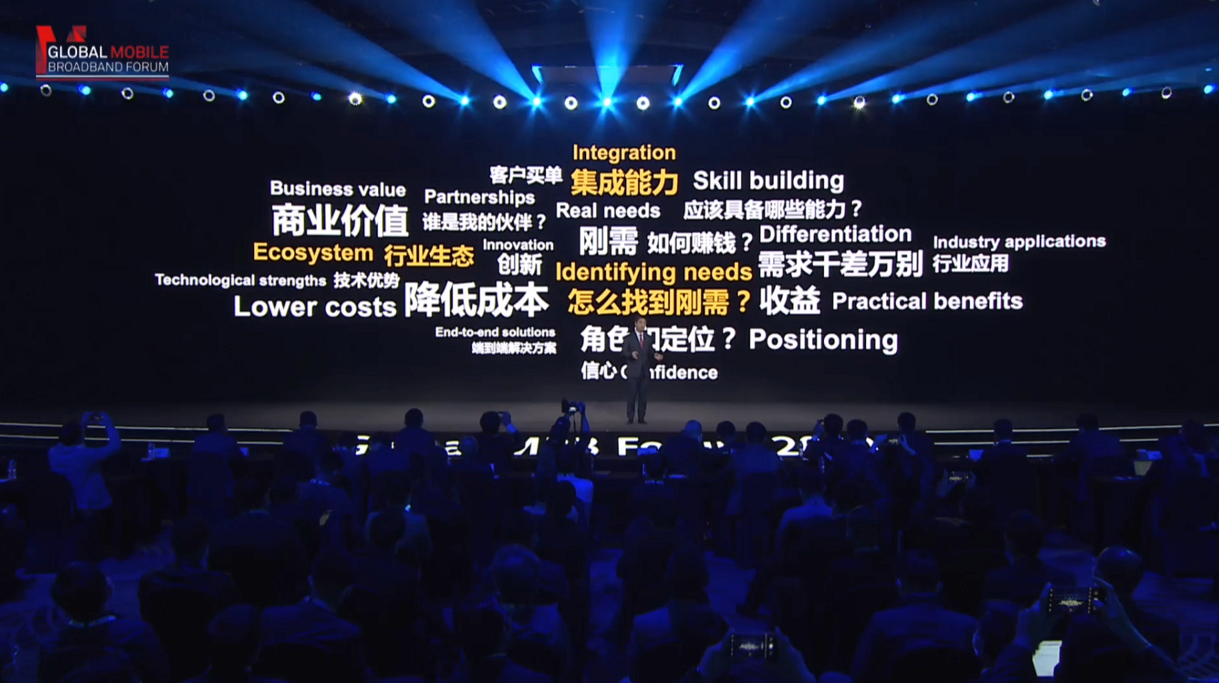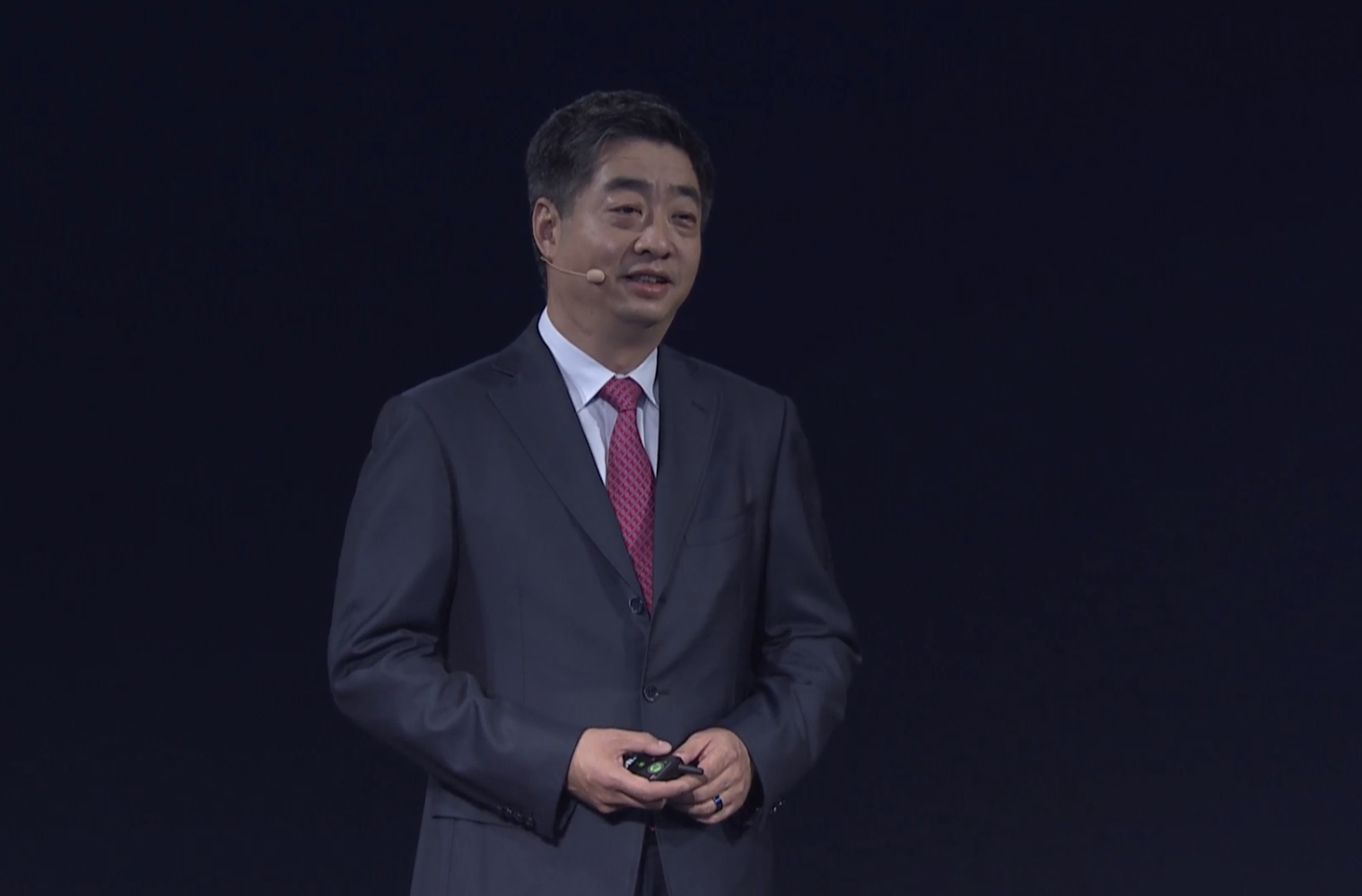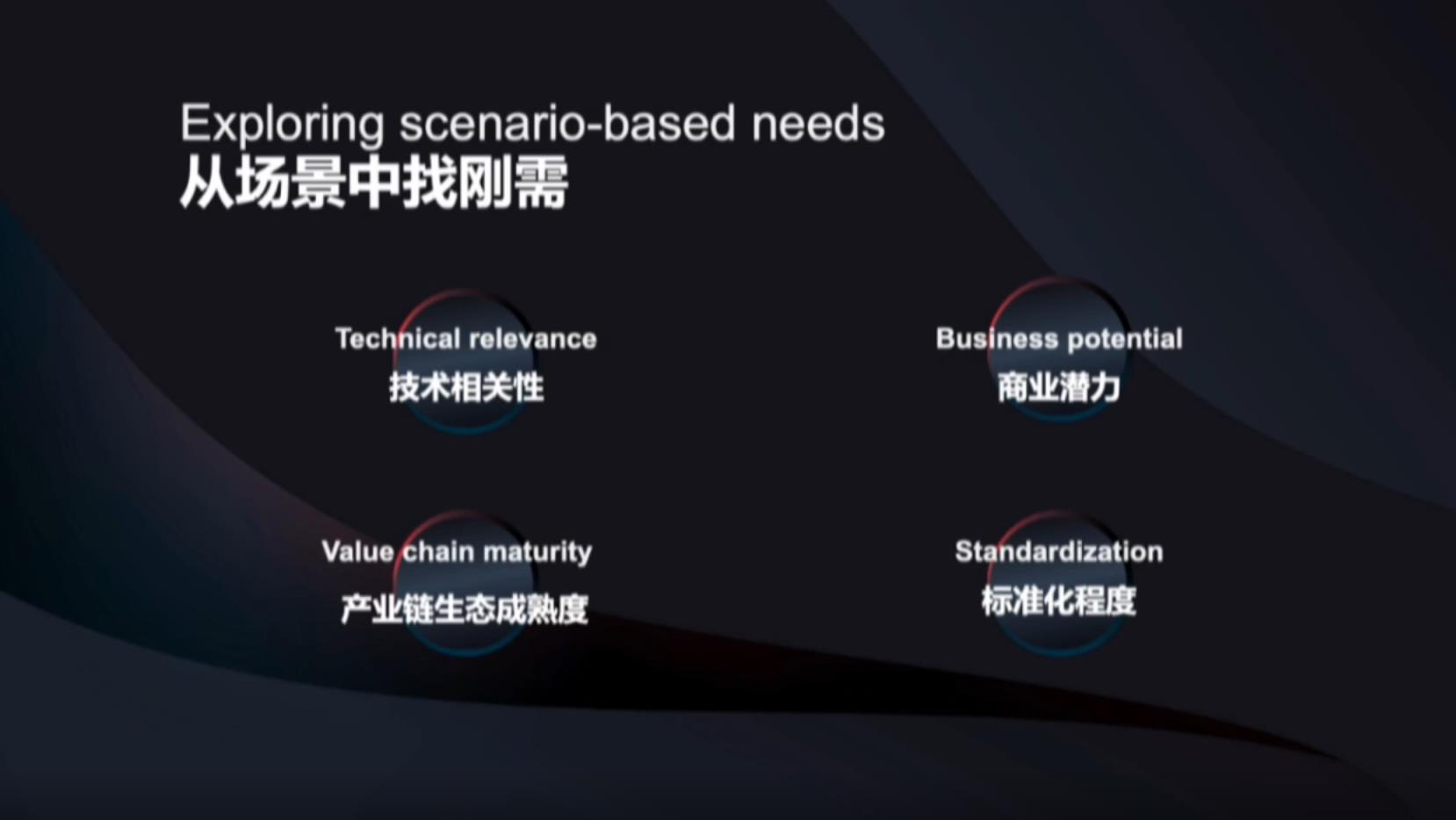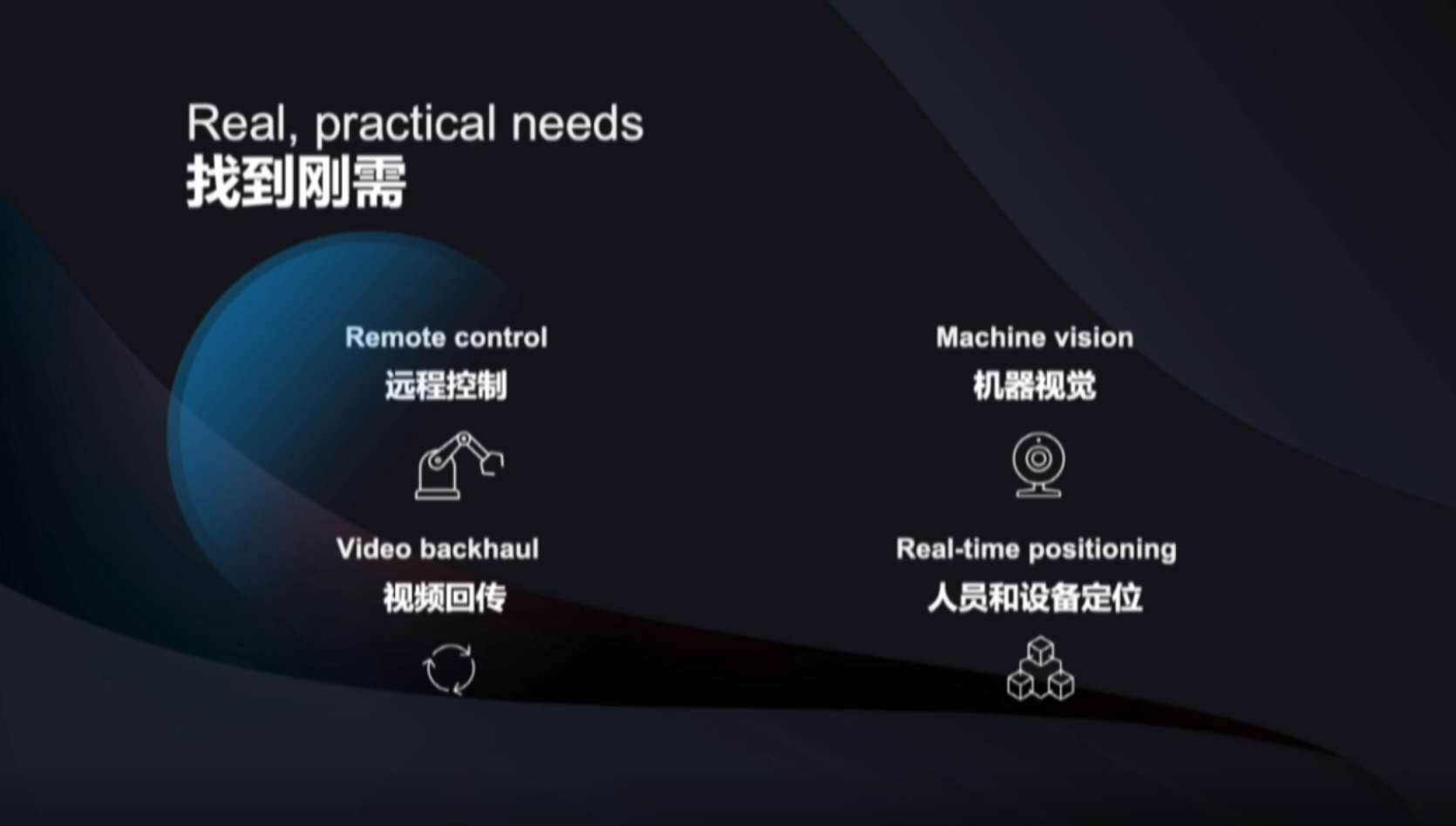
Screenshot from a live stream of the 2020 Global Mobile Broadband Forum in Shanghai, November 12, 2020.
Screenshot from a live stream of the 2020 Global Mobile Broadband Forum in Shanghai, November 12, 2020.
You may have heard that many people found a 5G smartphone quite useless and drain up battery pretty fast.
It's reported that half a million 5G users in South Korea – where 5G first started – were fed up with the poor signals and decided to go back to 4G.
What's worse, the internet companies haven't yet created any "killer apps" that would attract us to upgrade.
"SpeedTest is the only true 5G app," according to jokes spreading on social media in China.
But these complains are limited in the consumer market, which is far from everything. On the business side, many companies have adopted 5G technology as a game changer.
A few examples were shared at the 2020 Global Mobile Broadband Forum in Shanghai on Thursday.
"WiFi is not fast enough to stream some super high-res videos," said Ken Hu, Deputy Chairman of Huawei. "And we helped a lot of customers to overcome this shortcoming."

Ken Hu, Deputy Chairman of Huawei, speaks at the 2020 Global Mobile Broadband Forum in Shanghai, November 12, 2020. /Screenshot from Huawei website
Ken Hu, Deputy Chairman of Huawei, speaks at the 2020 Global Mobile Broadband Forum in Shanghai, November 12, 2020. /Screenshot from Huawei website
Hu took the example of the Huoshenshan Hospital in Wuhan, which helped saving many lives during the initial outbreak of the COVID-19 pandemic.
"Their first request they sent us was not internet access or remote diagnosis. It's the protective suit." Hu explained.
Turned out the doctors and nurses had to put on their suits one by one in a confined space.
The person inside the dressing room, alone, could find it hard to make sure if the suit was put on properly. He or she needed a way to let the people outside to help checking.

A nurse showing off her drawings on her protective suit in a hospital in Wuhan, March 13, 2020. /CFP
A nurse showing off her drawings on her protective suit in a hospital in Wuhan, March 13, 2020. /CFP
That's where 5G came into play. The wireless nature of the technology can help making video calls from inside the dressing room to the outside.
Though WiFi can do the same, Hu said 5G is the better choice.
"WiFi is not fast enough to steam such hi-res video," Hu said. "That's one of the main reasons people need 5G."
Hu listed four kinds of scenarios in which 5G can play a key role. This list can also act as a checklist for people to determine if they actually need 5G in business.
"Your wanting 5G does not mean you really need it," Hu told the forum.

- Technical relevance. The hospital example above showed that 5G has some advantages no other tech can provide.
- Business potential. A 5G upgrade has to bring profits to all the relevant parties.
- Value chain maturity. If an industry has the ability to quickly build apps and has fast mobile terminals at hand, it will be much easier to get 5G integrated.
- Standardization. A highly standardized industry can tweak the standard to involve 5G, which can be very handy for companies to follow.
Hu explained the last point with another example, which is automated port. Port equipment like gantry cranes have a universal standard in China. After one port had 5G integrated, all other ports can copy the implementation in almost no time.
"Now crane drivers don't need to climb on the machine anymore," Hu said. "They control the cranes in air-conditioned rooms with joysticks like video gaming."
With 5G's ultra-fast response time, the drivers found no problem remote-controlling the cranes.

Hu also listed four technical benefits 5G can bring to enterprises, which are: remote control, machine vision, video backhaul and real-time positioning.

